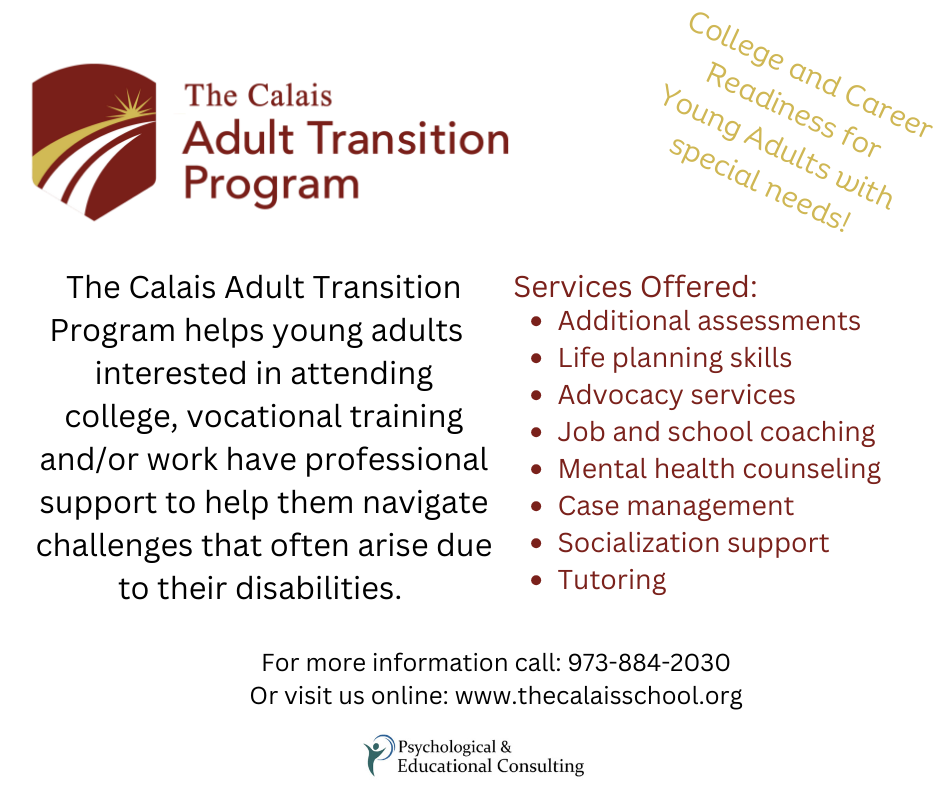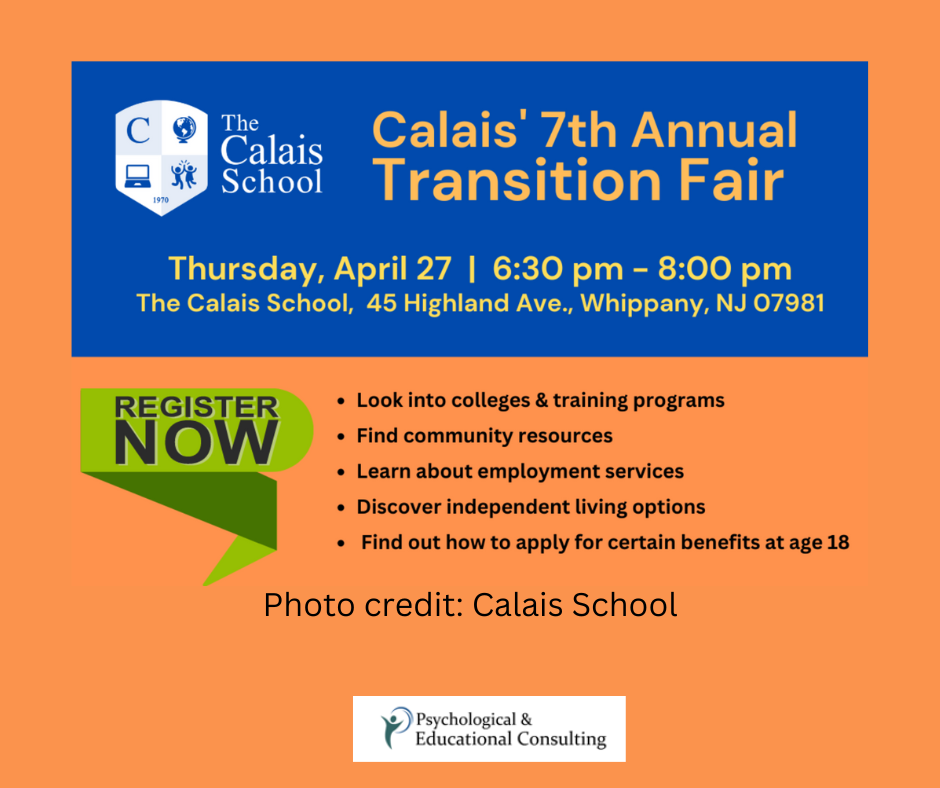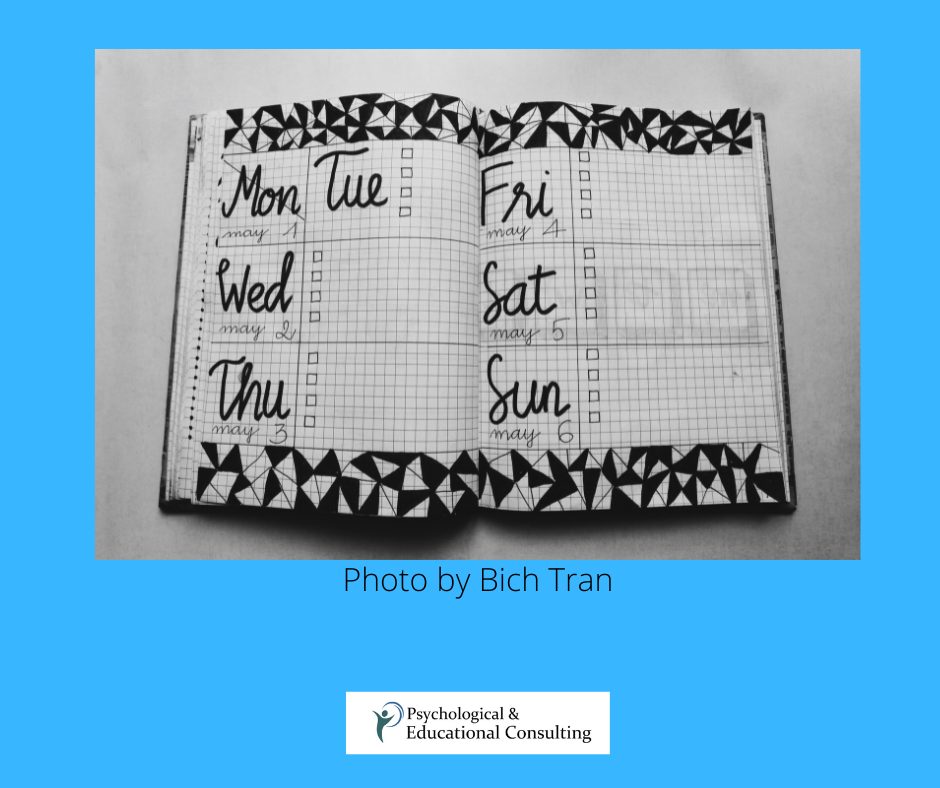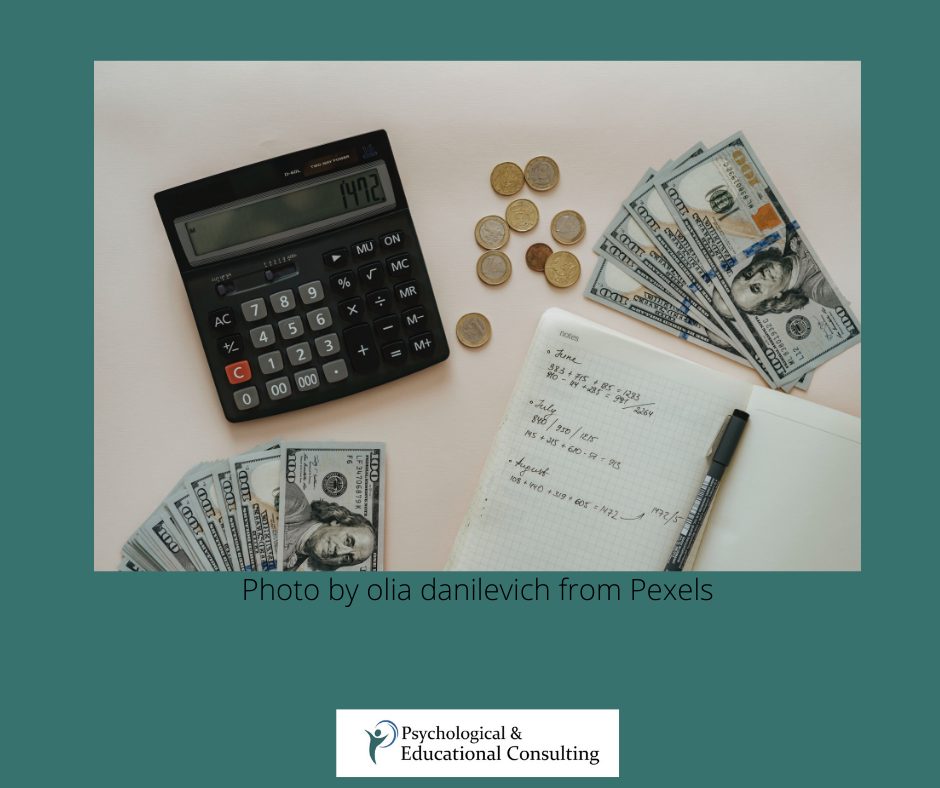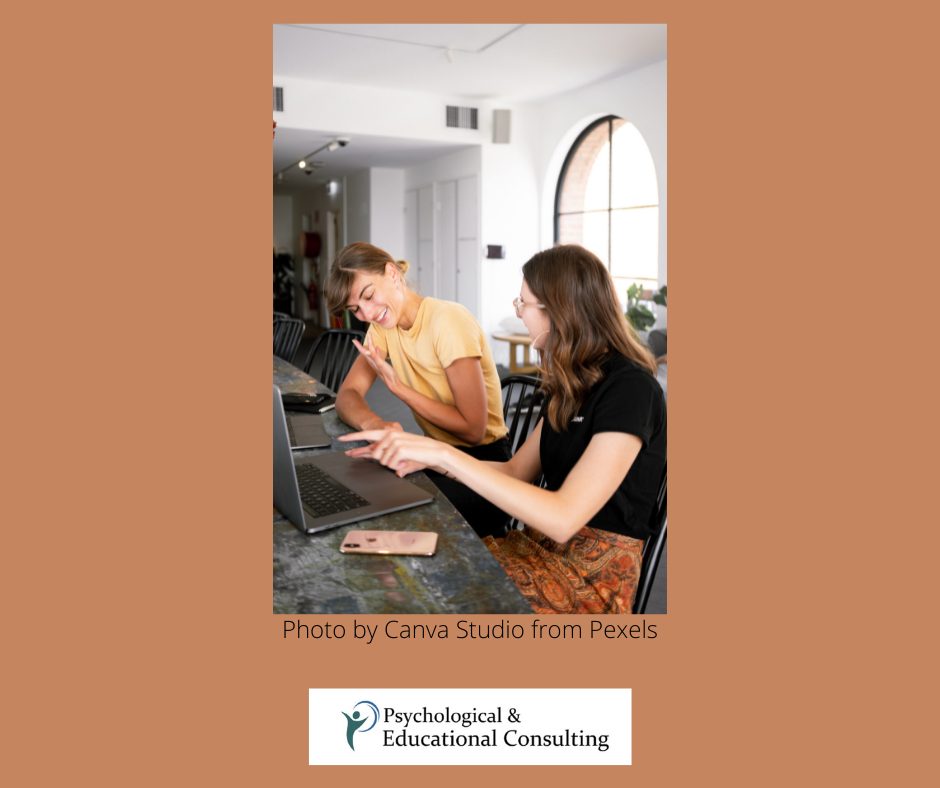The Ultimate Beginner’s Guide to Budgeting and Saving
published on www.piggyy.com
That’s it! You did it! You are finally on your own, out of your parent’s house, and thrown into the real world full of opportunities and possibilities. You may have no idea how to begin this next stage in your life’s journey but don’t be alarmed, not many people are really prepared to become an adult and the first thing adults need to do is get their finances in order.
Budgeting
The first step in creating a working plan for the future is understanding what your budget is and how to stay in line with it. Well, it all begins with looking into your current expenses, income, and planning on what you can afford. If you are moving out of your parent’s house, begin by looking into where you want to move and the associated expenses. Are you going to need a car? Will you be given furniture or will you need to buy everything from scratch? Start with your largest expenses and work your way down the list remembering to include items most people would forget until they get the bill in the mail.
Rent
Rent is one of the largest expenses for any individual or household. Rent payments should be seen as an umbrella term as your rent normally has many bills attached to it. Getting your own place offers so much freedom and with that a lot of responsibility. When looking for your new home, consider the neighborhood, what the average price of rents are and whether or not you should be getting yourself a roommate.
In many cases, such as moving away from home to go to college or university, rent prices in the area you are moving to are typically expensive. You will have many choices to consider such as living beside the school but paying higher rent prices for the location or living further off-campus but having to deal with the commute. This same concept applies to a new job. Consider all of these factors when choosing your new place and you can guarantee no surprises are waiting for you.
When calculating rental expenses and when discussing your contract understand the costs associated with your new home. Is it in an apartment building? There will probably be monthly maintenance costs that are not included in the rent. Electricity, water, property taxes, cable bills, phone bills, internet, and Netflix subscriptions are just a few of the bills a new place comes with and individually they don’t seem too daunting but when added up altogether can add hundreds of dollars onto your monthly expenses. Calculate what you will require in your new home, do some research online and determine what you can budget for as well as how much money you can actually afford to pay in rent.
Transportation
Moving to the city? Need to drive to work? Transportation costs are another type of expense that adds up quickly. Do you think because your car is paid off that this won’t affect you? Think again. Cars require gas, maintenance, parking spots, you can get parking tickets, and many other things that can surprise you. Consider what you will need monthly for your car and add it to your expense budget. In some cases, a parking spot in the city can cost more than rent and this is not something you want to have to worry about after you’ve closed on a rental property.
If a car seems way too luxurious for your lifestyle consider where you live and what a monthly bus pass would cost. Calculate how often you will be using taxis, trains, and other means of transportation, and add this to your budget. Maybe you will determine that having a bike is better and that you should purchase one and give up your car. Figure out what that would cost? By budgeting accordingly, you can prepare yourself for anything that the world throws at you and ensure you have enough saved up to get you that new set of wheels, regardless of how many wheels you’ve figured out you need.



